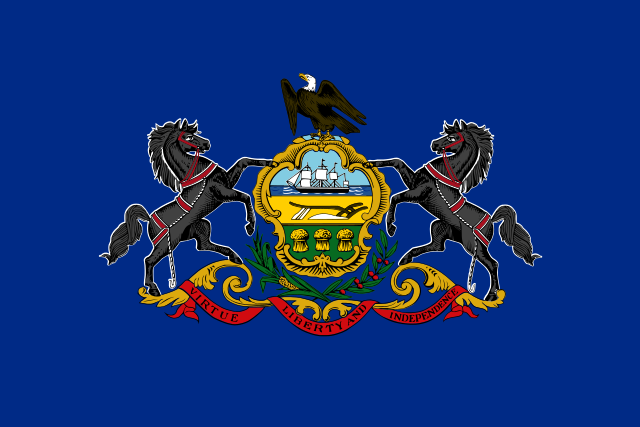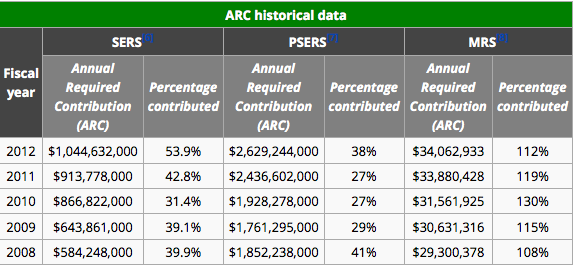We’re three weeks away from the gubernatorial election and incumbent Pennsylvania Gov. Corbett is trailing big in most polls.
The theme of his campaign has largely been pension reform, and he has been doubling down on that stance lately. On Wednesday, Corbett told a newspaper that, in addition to calling a special legislative session to address pension reform, he would also form a commission to study reform ideas.
From PennLive:
In an interview with PennLive’s editorial board on Wednesday, Corbett talked of forming a commission to study pension reform in advance of calling a special legislative session.
Corbett said he would establish a commission consisting of state and local government officials and union representatives to come up with some recommendations to address pension costs.
Those costs are growing in the state budget by $610 million annually until they plateau at $3.3 billion in 2017-18. Once the commission has completed its work and come up with some recommendations of what might work, he would call a special legislative session to focus on this issue.
“The legislators aren’t experts [on pension reform] by any stretch of the imagination and I’m not disparaging the legislators. This is a very complicated issue. Let’s sit down. Let’s get this studied. And let’s be willing to have the political courage to do it,” he said.
Taking a shot at his opponent who has downplayed the severity of the pension issue, Corbett said, “That’s more than a problem. That’s a crisis.”
The commission would likely look something like New Jersey’s Pension & Health Benefits Review Commission.
See further coverage of Pennsylvania’s governor race here.




